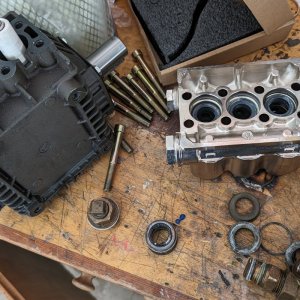That is pretty good, Richard.
I would suggest you put your points above in a check-off list for your techs. And also list out the questions they need to ask the insured. (A form just makes it wasier.)
Here's a few Insured questions from our
SFS Water Damage Customer Interview form:
Customer interview:
1. “Have you identified where the water came from?”__________________________________________
2. “Are there any unsafe conditions that you know of?”_________________________________________
a. Electrical items/plugs wet? Where are the breakers? ______________________________________
b. Sagging ceilings due to water? _______________________________________________________
3. “Can you show me the source of the water?” _______________________________________________
4. “Has the in-flow been stopped?” _________________________________________________________
5. “Does anyone in the family have any unusual health issues?” __________________________________
6. “Do you have any special concerns?”
Keep up the good work, Richard. I'm coming to believe you are more than just a pretty face.
Steve
PS Richard, if you (or anyone else) want the entire W/D form just drop me a line at
stoburen@StrategiesForSuccess.com and I'll email it to you in a PDF.


